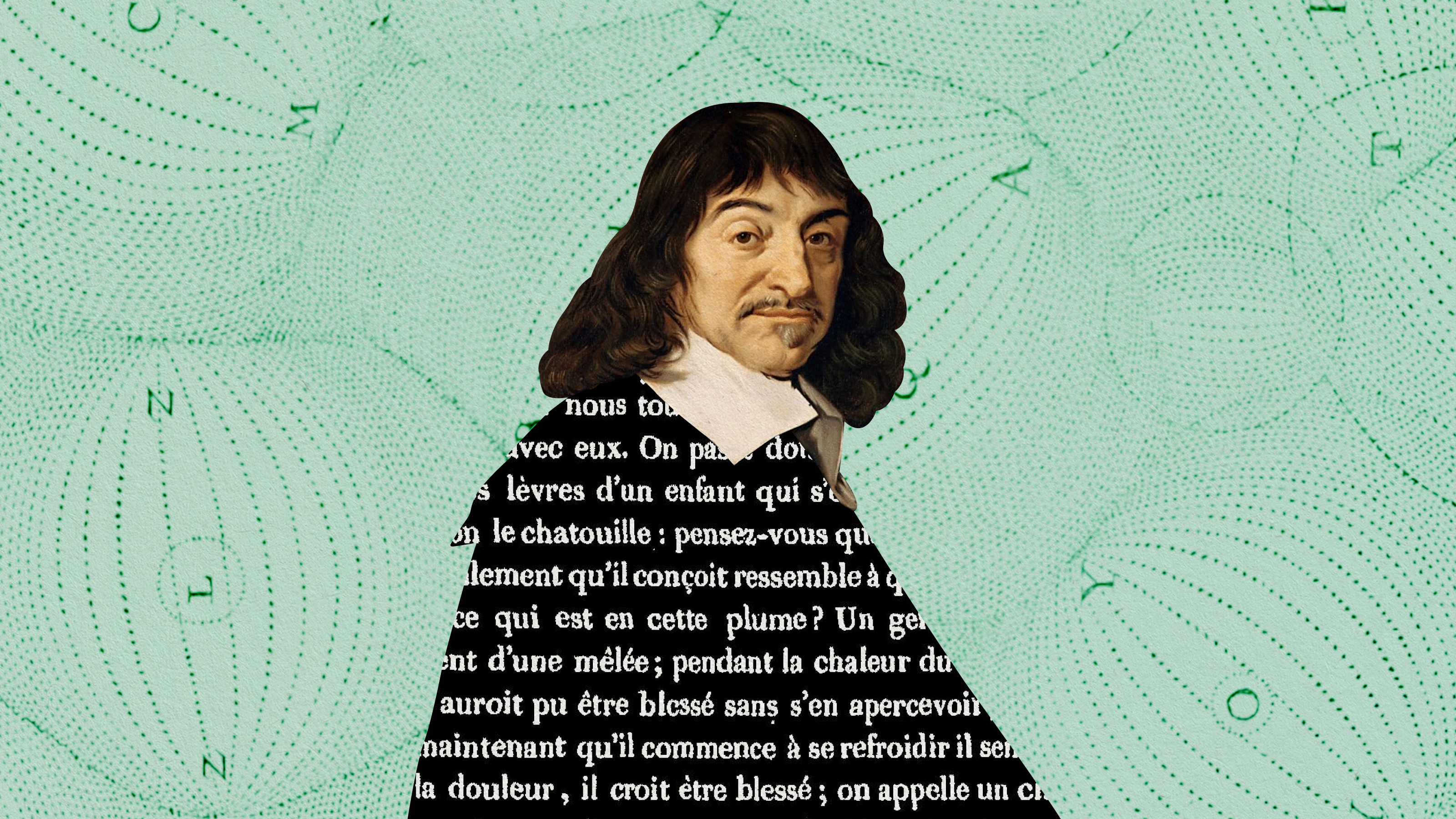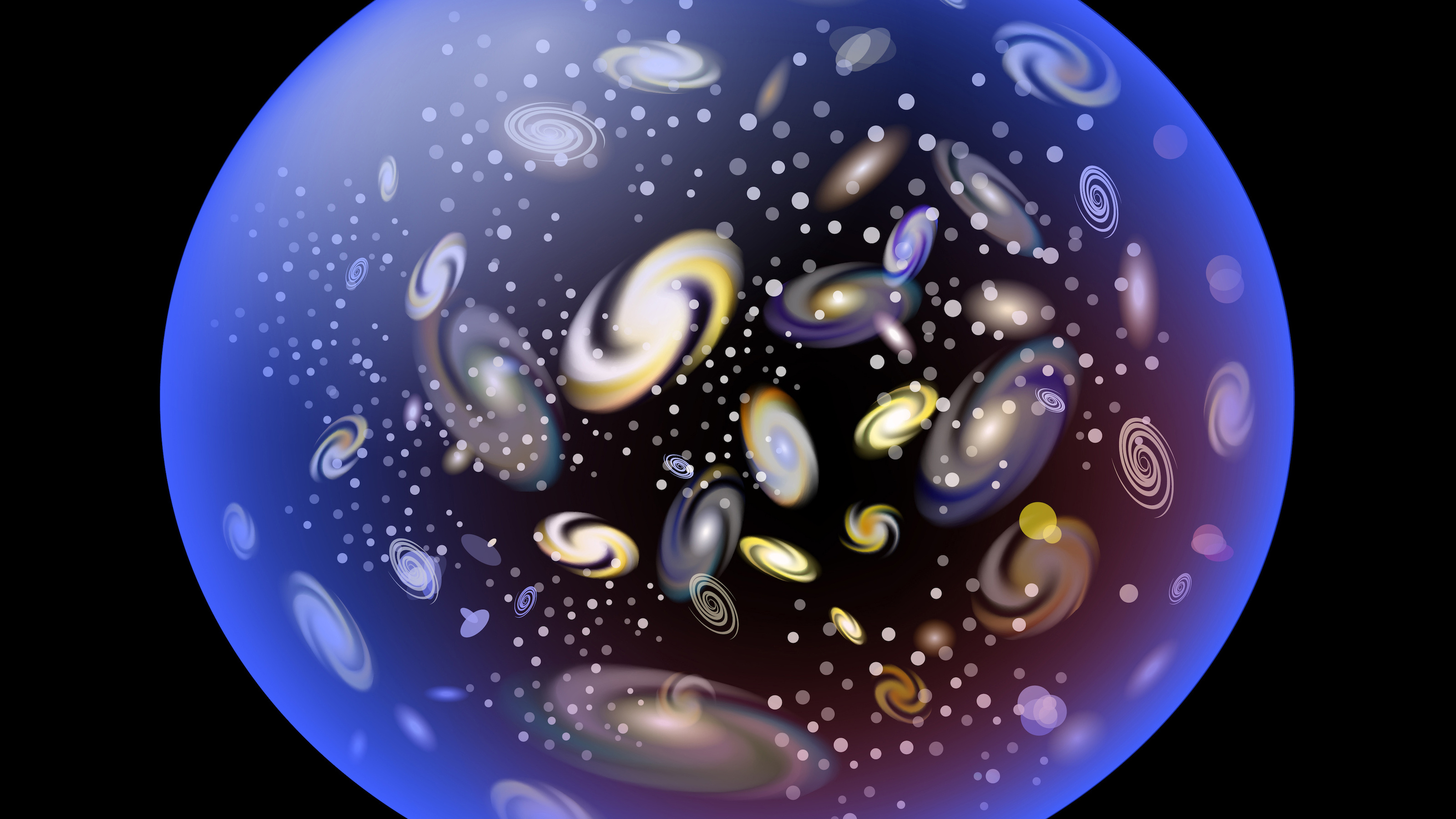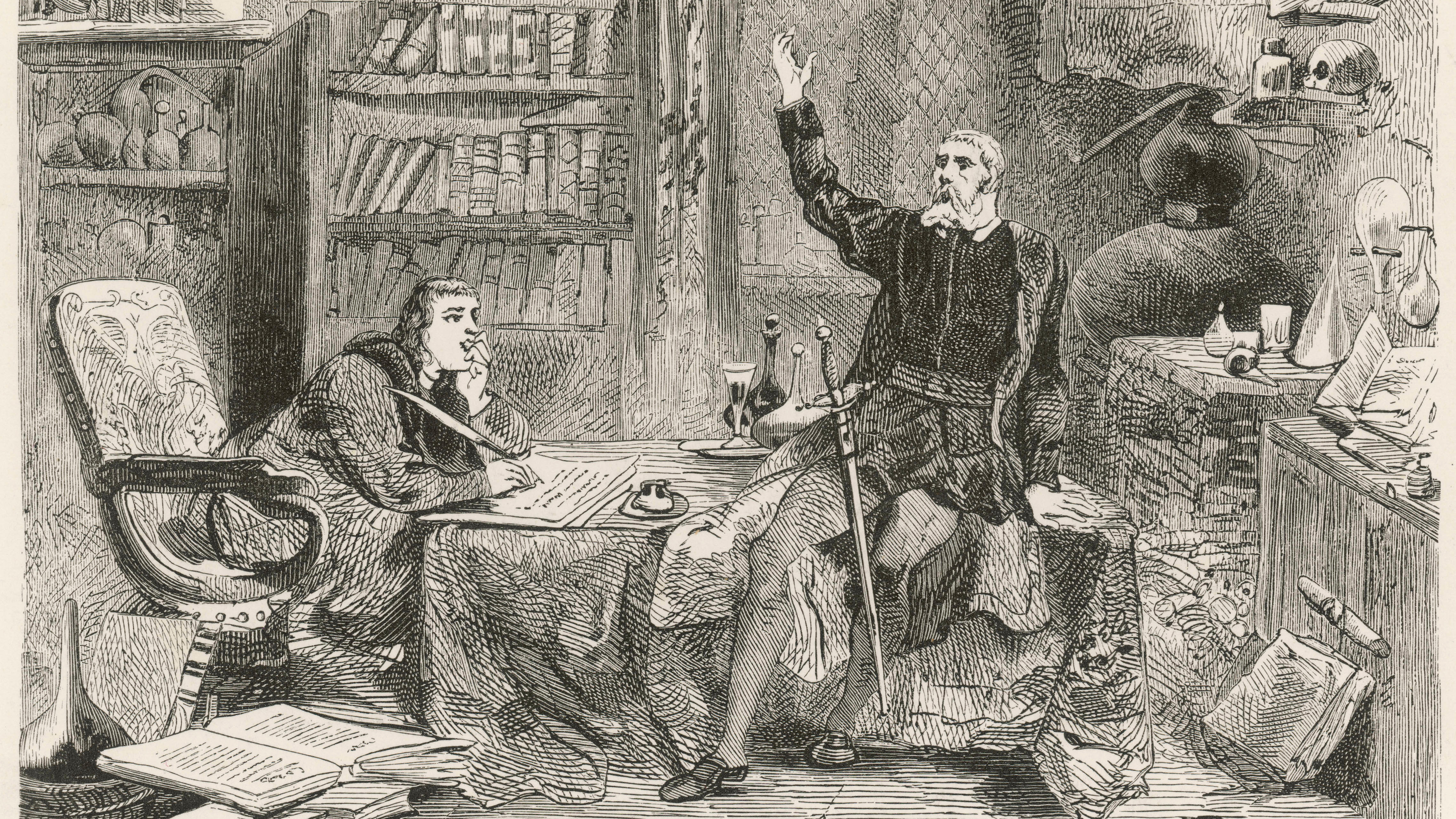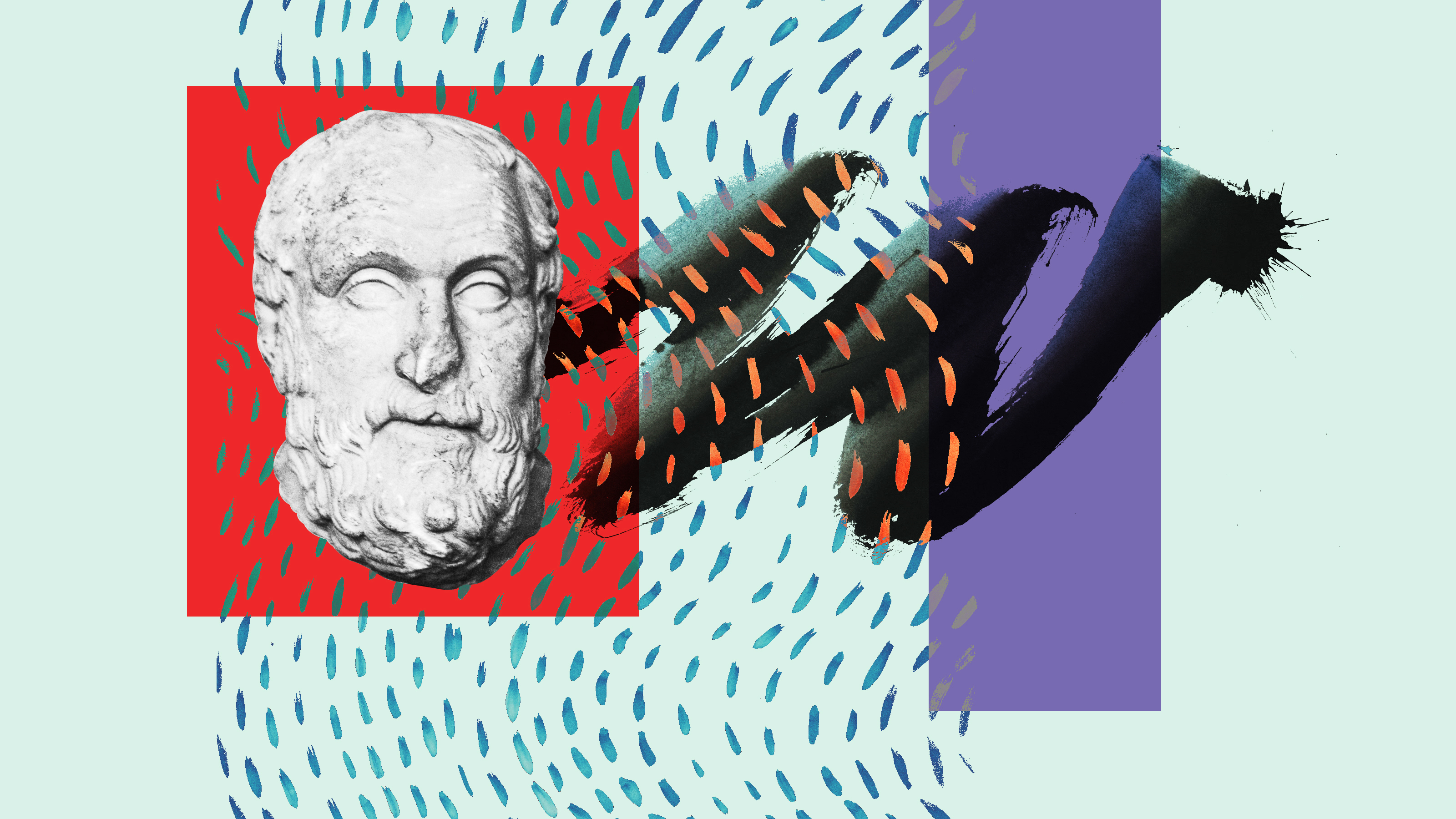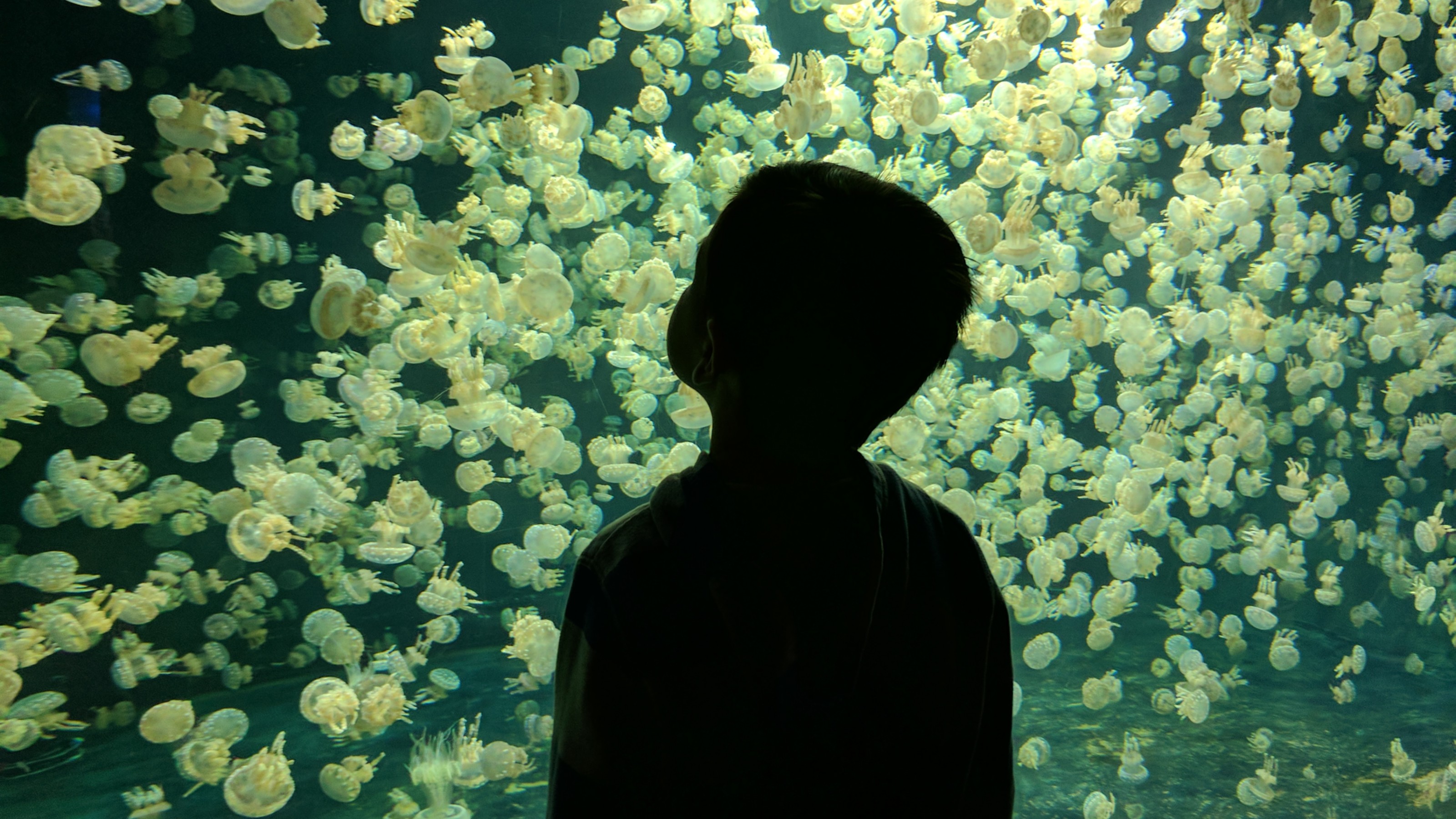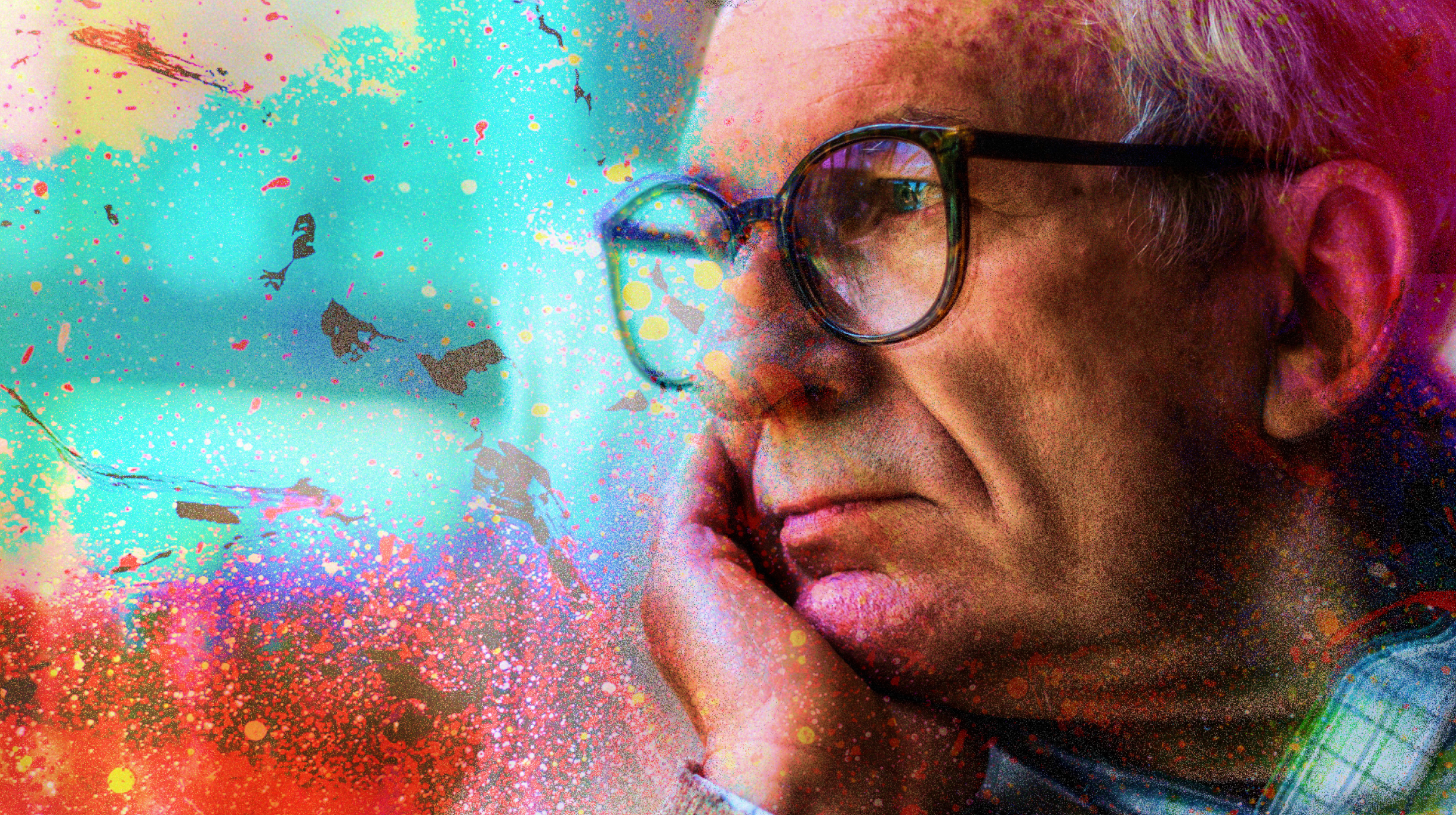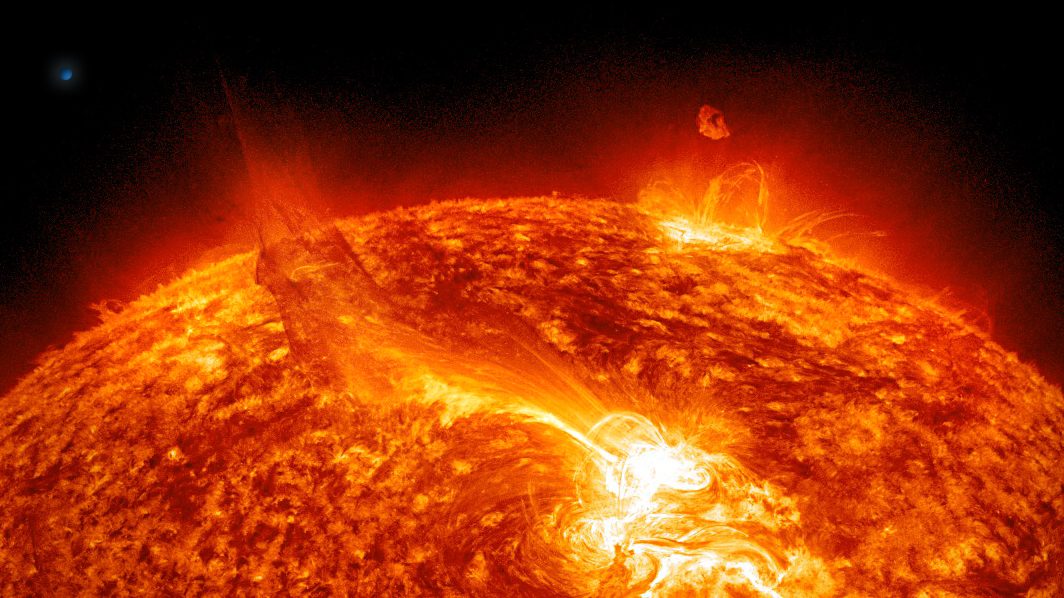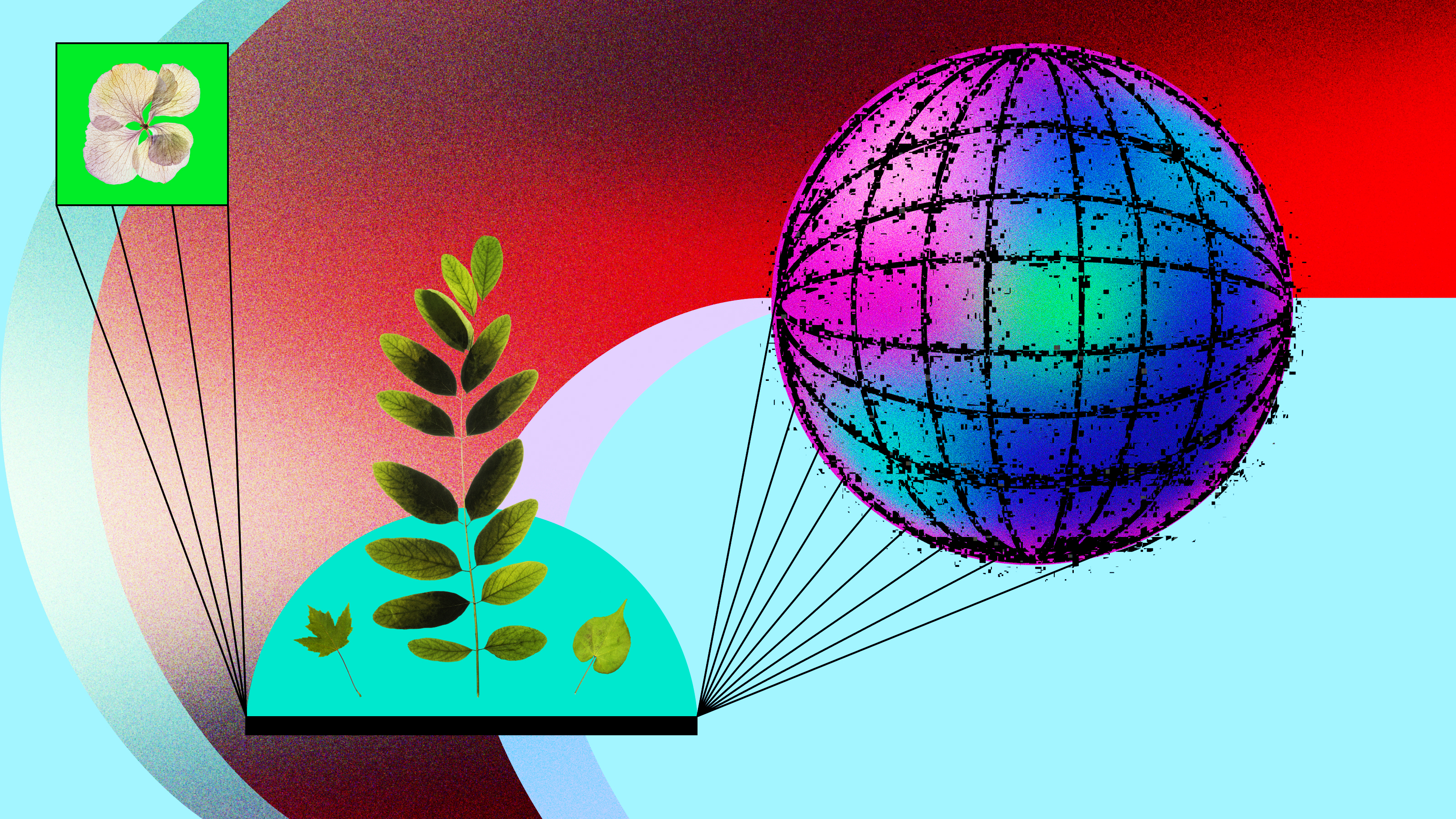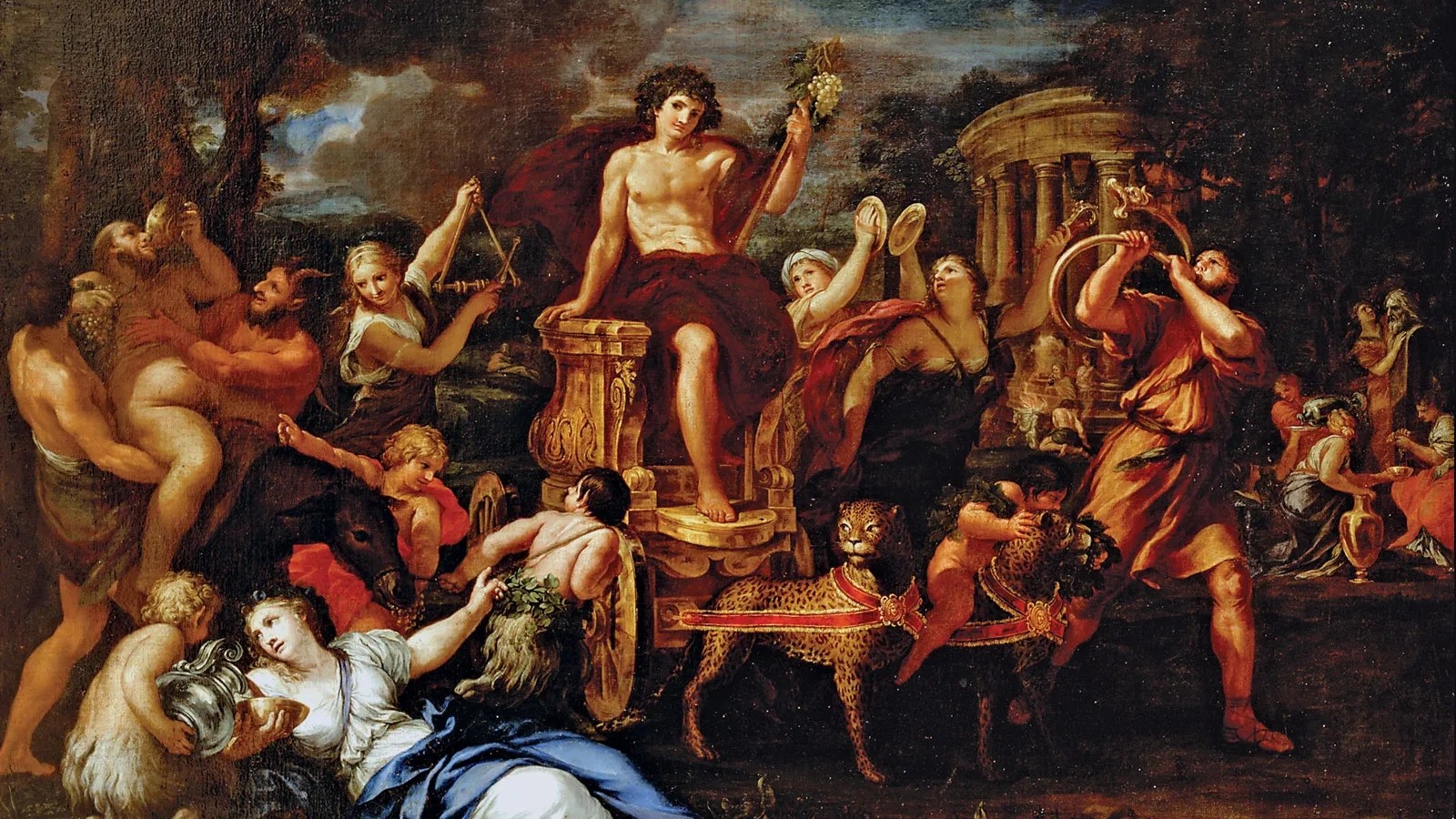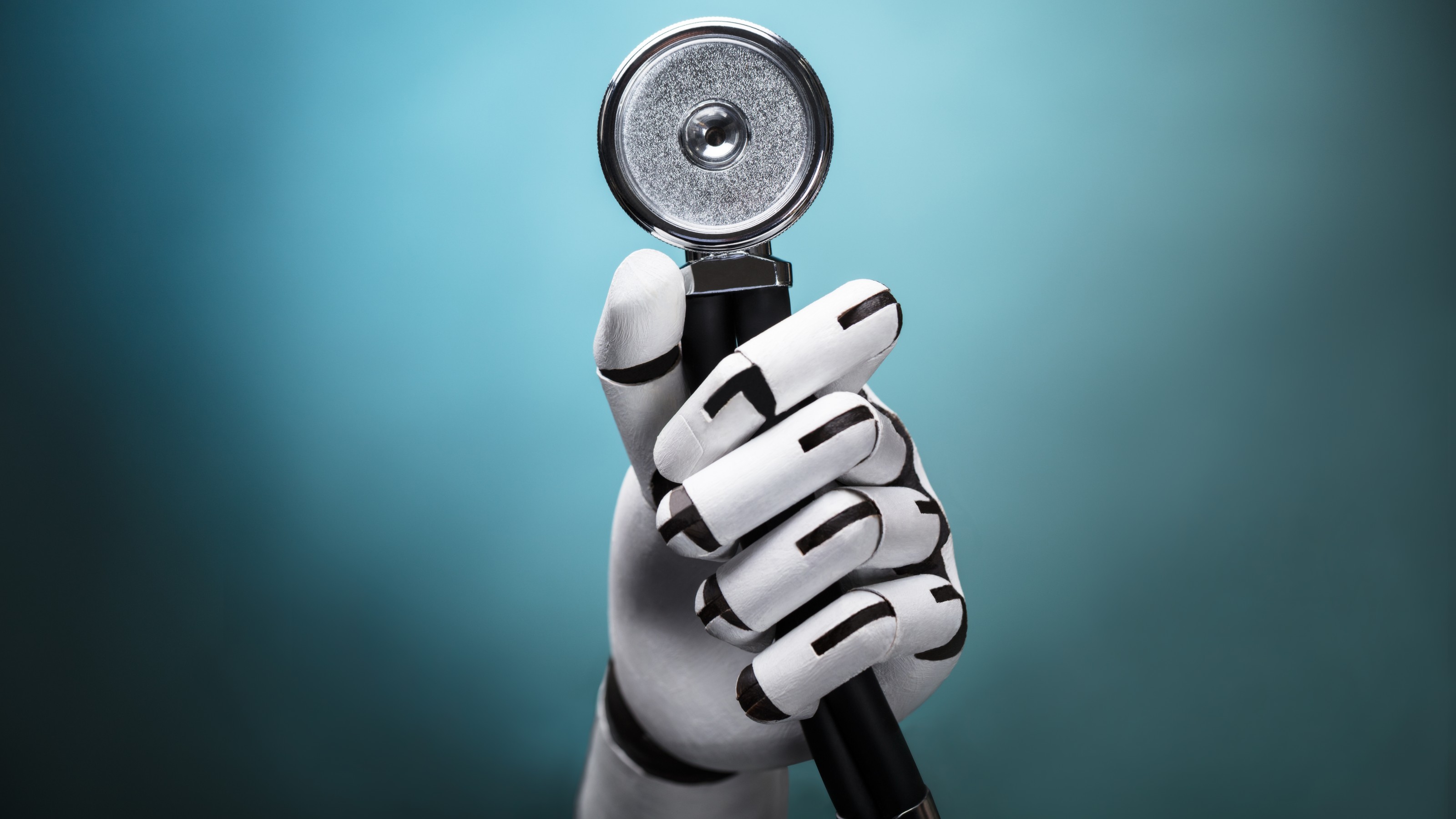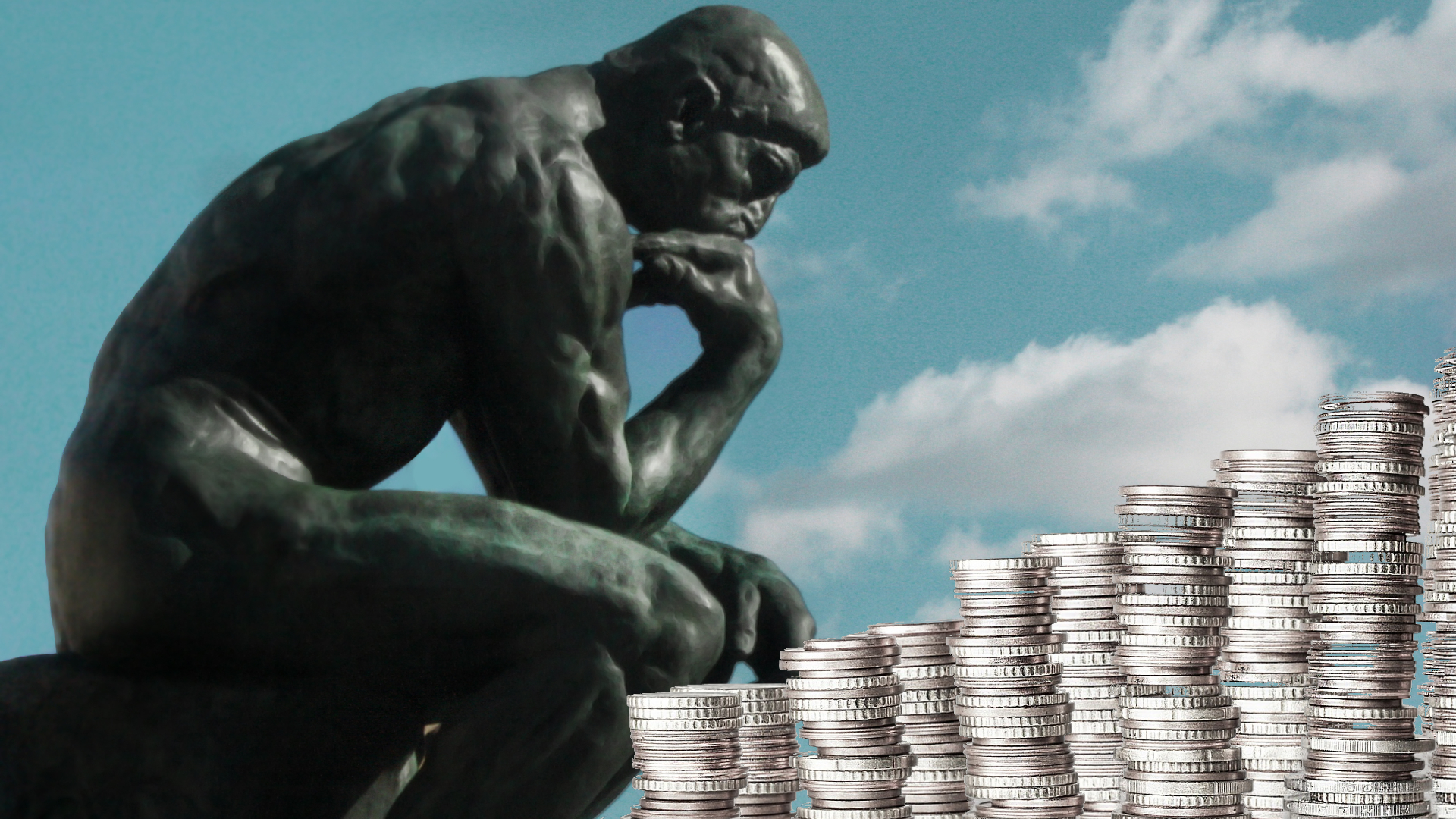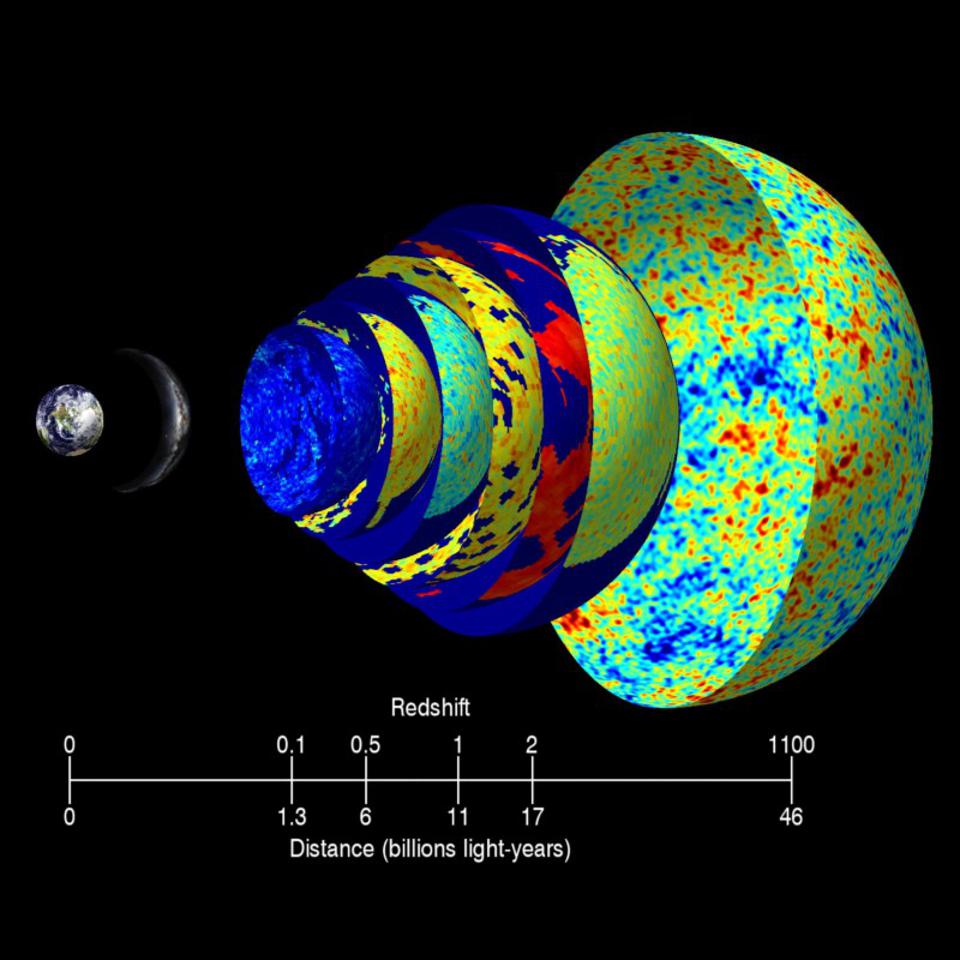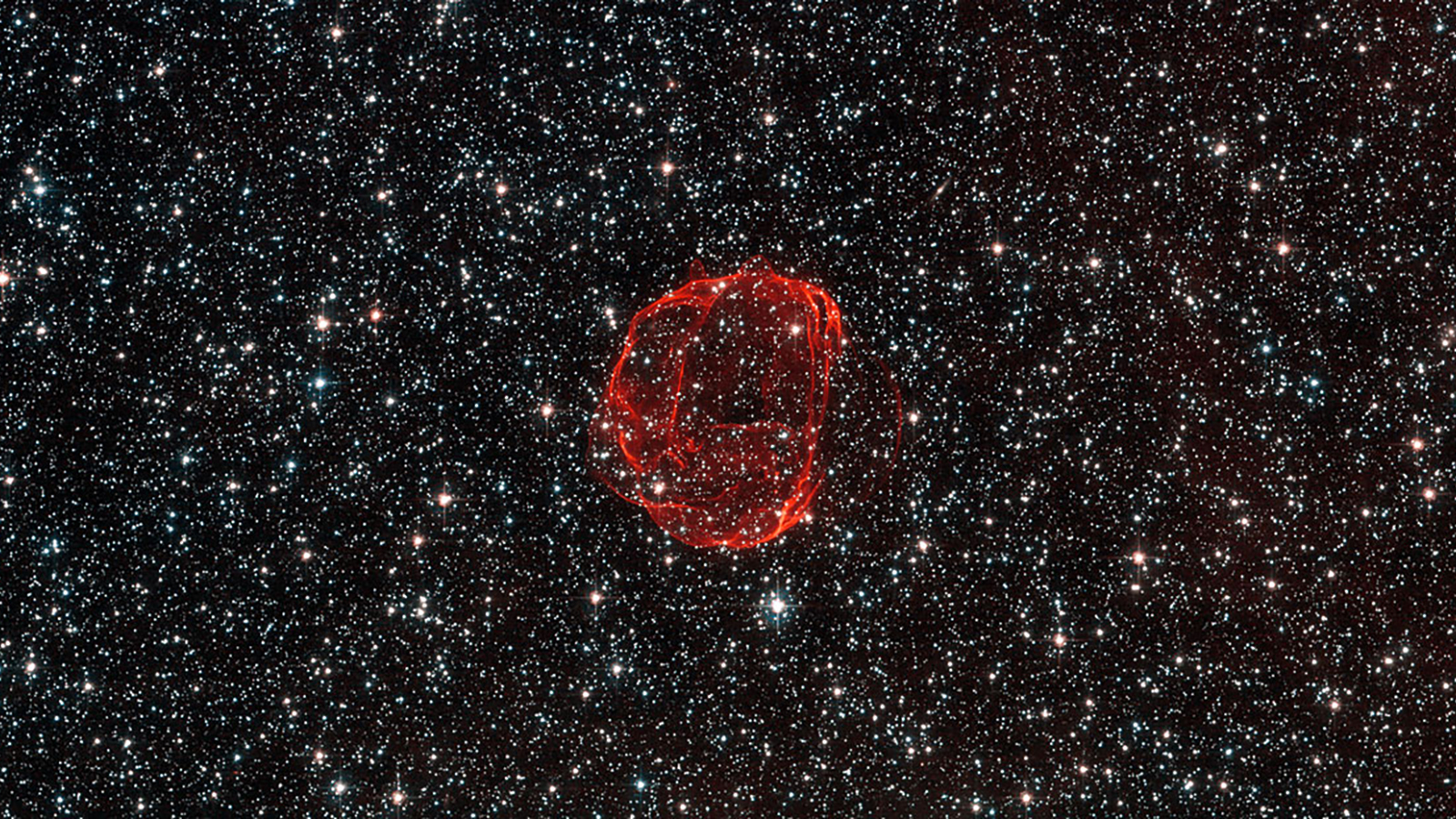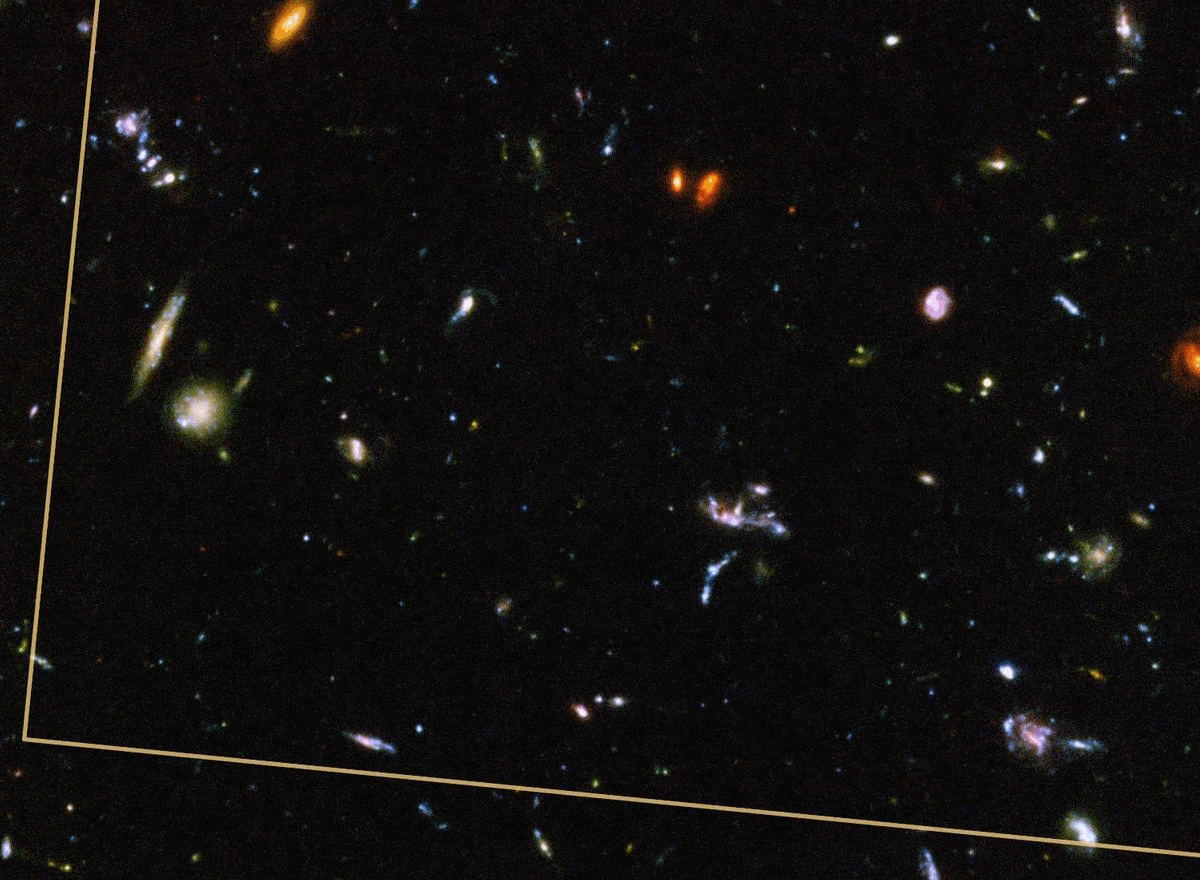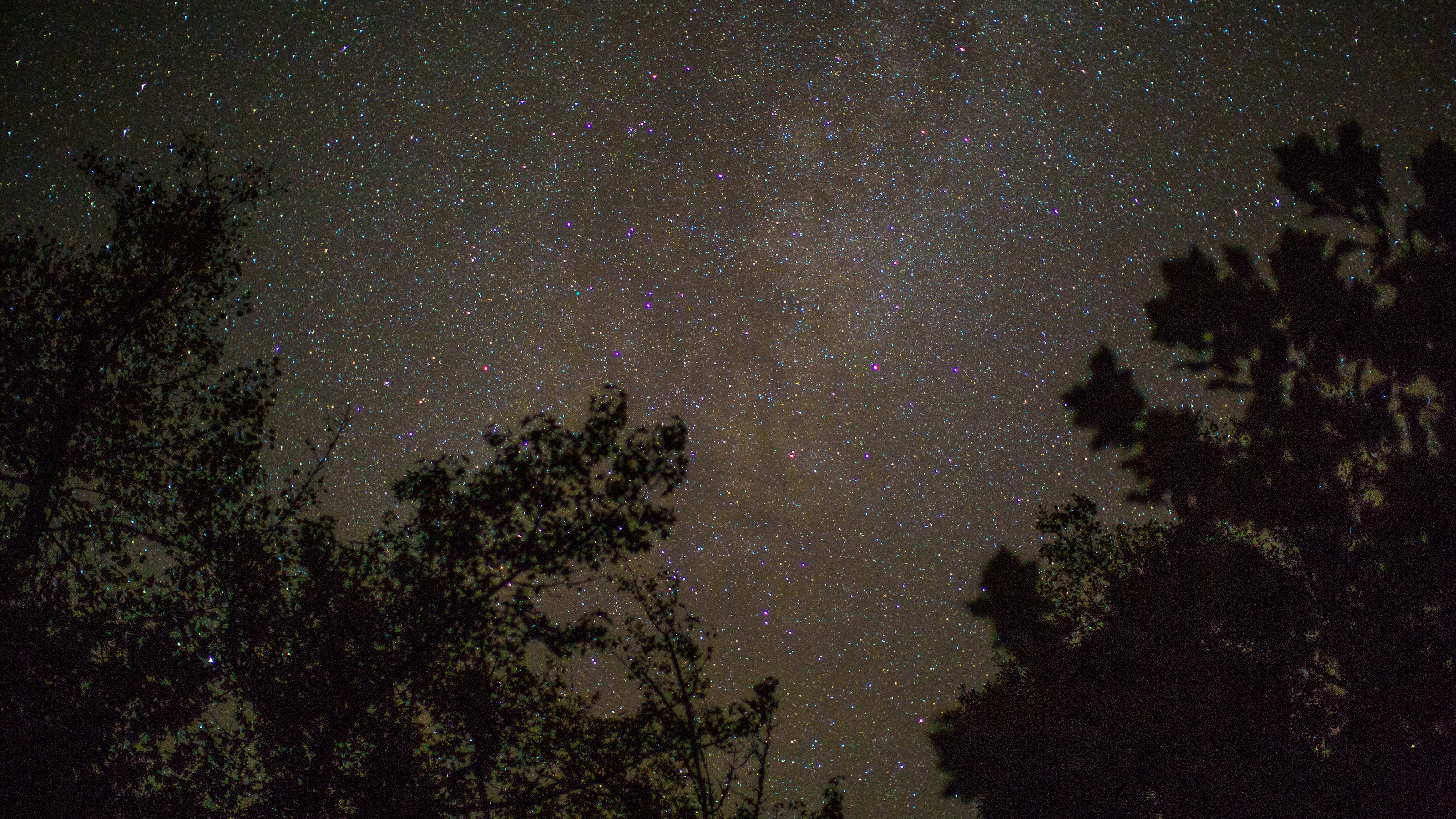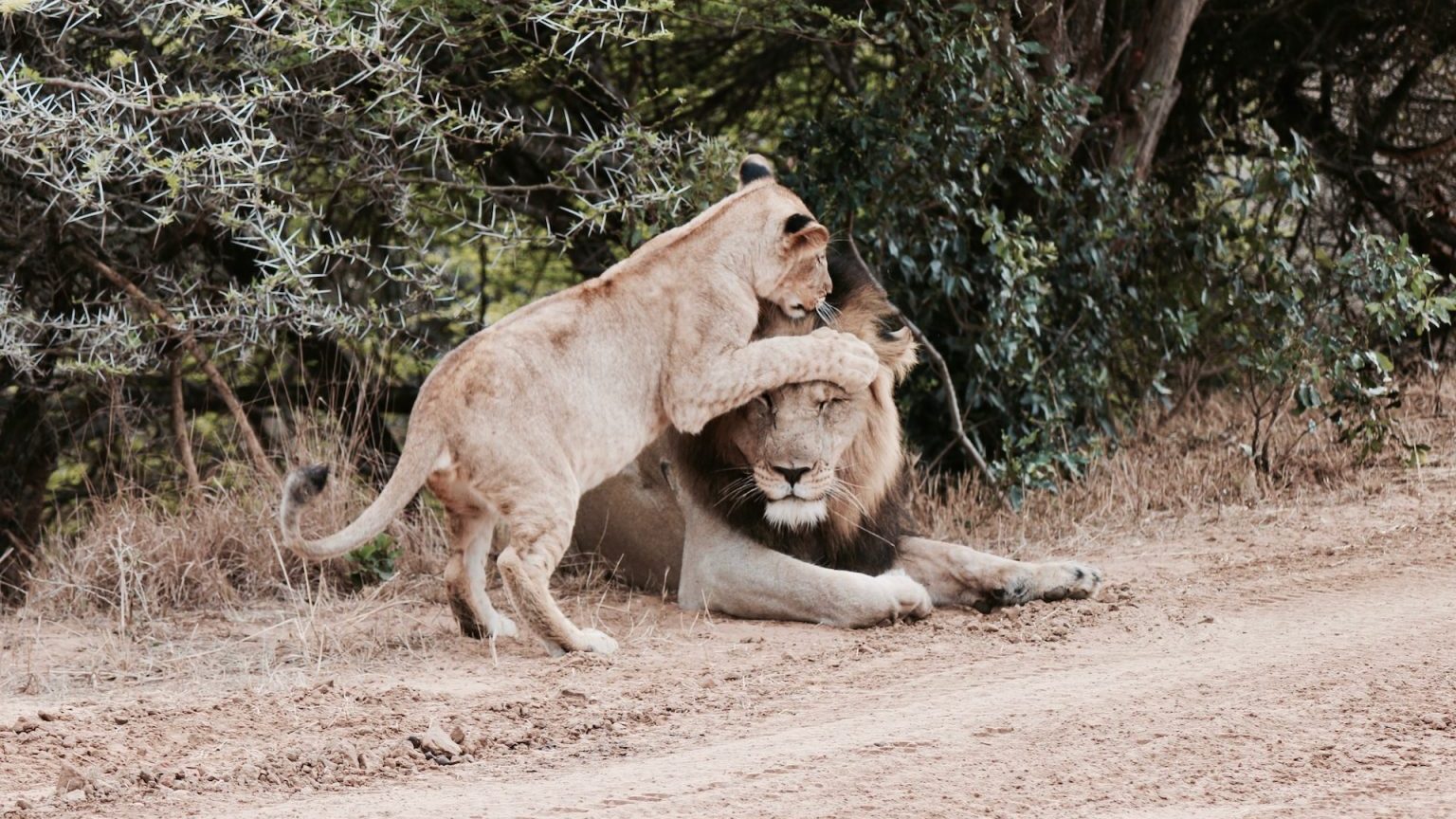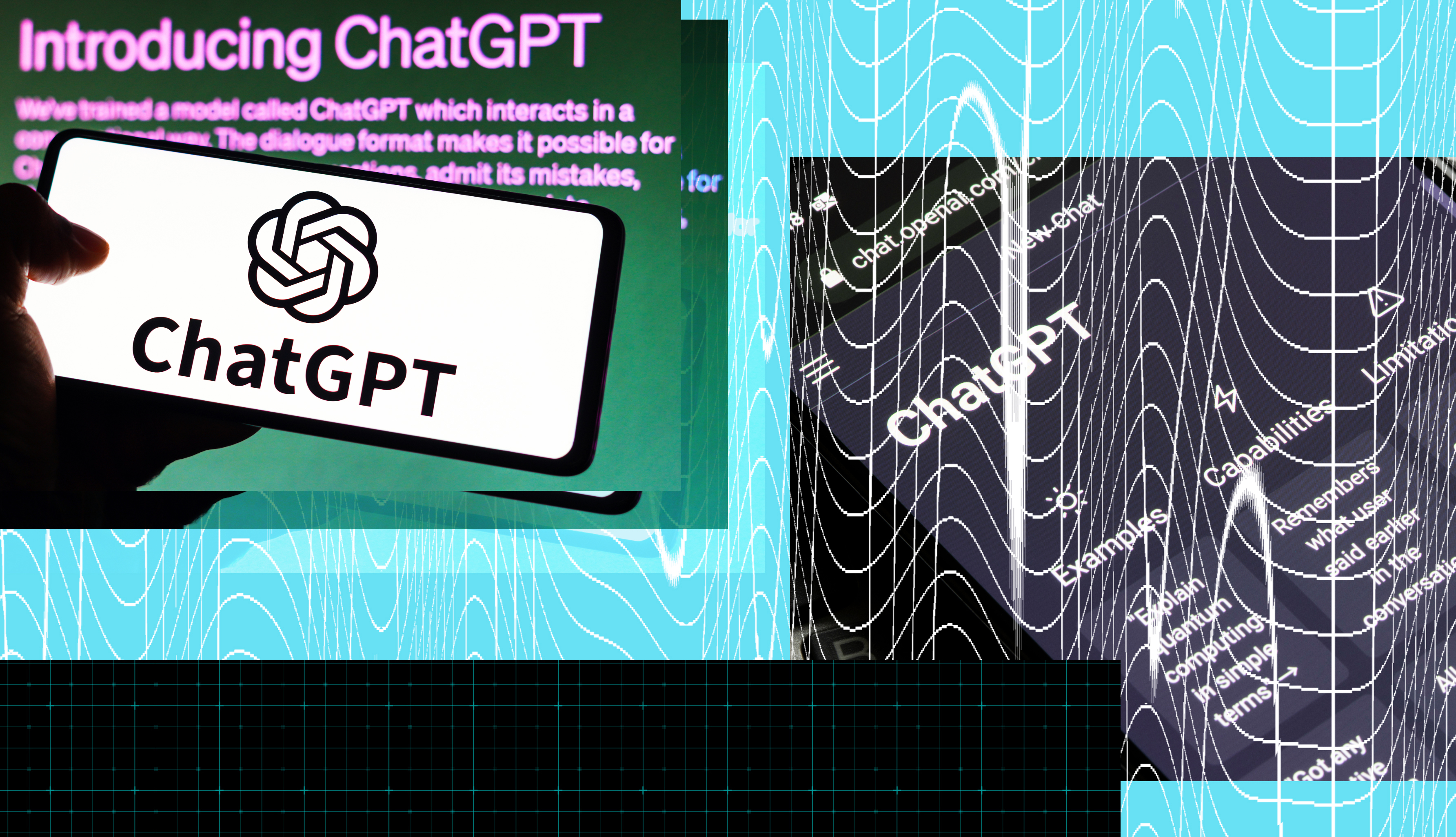We catalogue seven more board games to teach children science, problem-solving, and even foster their creativity.
Search Results
You searched for: More From Big Think
A forum where top mixologists explore the party drinks defining the 21st Century.
Valerie Steele is a fashion historian and the chief curator of the Museum at FIT. She stopped by Big Think last week to talk about the “F” word– fashion, that […]
Descartes broke from the European philosophers who preceded him and devised a new way of considering humanity and the world.
When Einstein gave General Relativity to the world, he included an extraneous cosmological constant. How did his ‘biggest blunder’ occur?
Hubble showed us what our modern day Universe looks like. JWST’s big goal was to teach us how the Universe grew up. Here’s where we are now.
A new book by historian and author Paul Strathern argues that the Northern European Renaissance has long been overlooked.
“Groupthink” gets a bad rap. In reality, we need groups to focus our thinking and to build on the ideas of others.
George Orwell got it right: “Never use a long word where a short one will do.”
Sabine Hossenfelder talks about Albert Einstein, dead grandmothers, the physics of aging, and more in this full interview with Big Think.
▸
43 min
—
with
“In order to seek truth,” Rene Descartes once wrote, “it is necessary once in the course of our life to doubt, as far as possible, all things.”
Despite a reputation for catastrophe and cat killings, curiosity is a beneficial drive that improves our lives and well-being.
Man does not live by measurement alone.
Recasting the iconic Carrington Event as just one of many superstorms in Earth’s past, scientists reveal the potential for even more massive eruptions from the sun.
We have become the greatest threat to ourselves and to life on this planet. We need a set of agreed-upon safeguards to preserve our future.
Neuroscience suggests that it’s way better to give than to receive — and high performing people agree.
The nearby, bright star Fomalhaut had the first optically imaged planetary candidate. Using JWST’s eyes, astronomers found so much more.
A panel of healthcare professionals much preferred responses that came from the chatbot in a recent study.
I think, therefore I am (rich).
Before there were planets, stars, and galaxies, before even neutral atoms or stable protons, there was the Big Bang. How did we prove it?
What began as an annoyance ended as a Nobel Prize-winning discovery about the Big Bang and the origin of the Universe.
Once the initial blaze of heat dissipated, the constituent particles of atoms were free to bind.
Like sneaking veggies into dessert, these board games teach STEM, strategy, and executive functions through the joys of play.
JWST has brought us more distant views of the early Universe than ever before. Is the Big Bang, and all of modern cosmology, in trouble?
The lack of friendship is particularly a problem for men. But there are easy ways to make friends.
For many years, some cosmologists embraced the idea of an eternal, steady state universe. But science triumphed over philosophical prejudice.
Delay the instant gratification of online knowledge and first seek out the wisdom within yourself.
The puzzle of play
The purpose of play — for children, monkeys, rats or meerkats — has proved surprisingly hard to pin down. Scientists continue to toss around ideas.
We do not need to pause AI research. But we do need a pause on the public release of these tools until we can determine how to deal with them.
The biggest lingering question about GPT-4 isn’t if it’s going to destroy jobs or take over the world. Instead, it is this: Do we trust AI programmers to tell society what is true?



